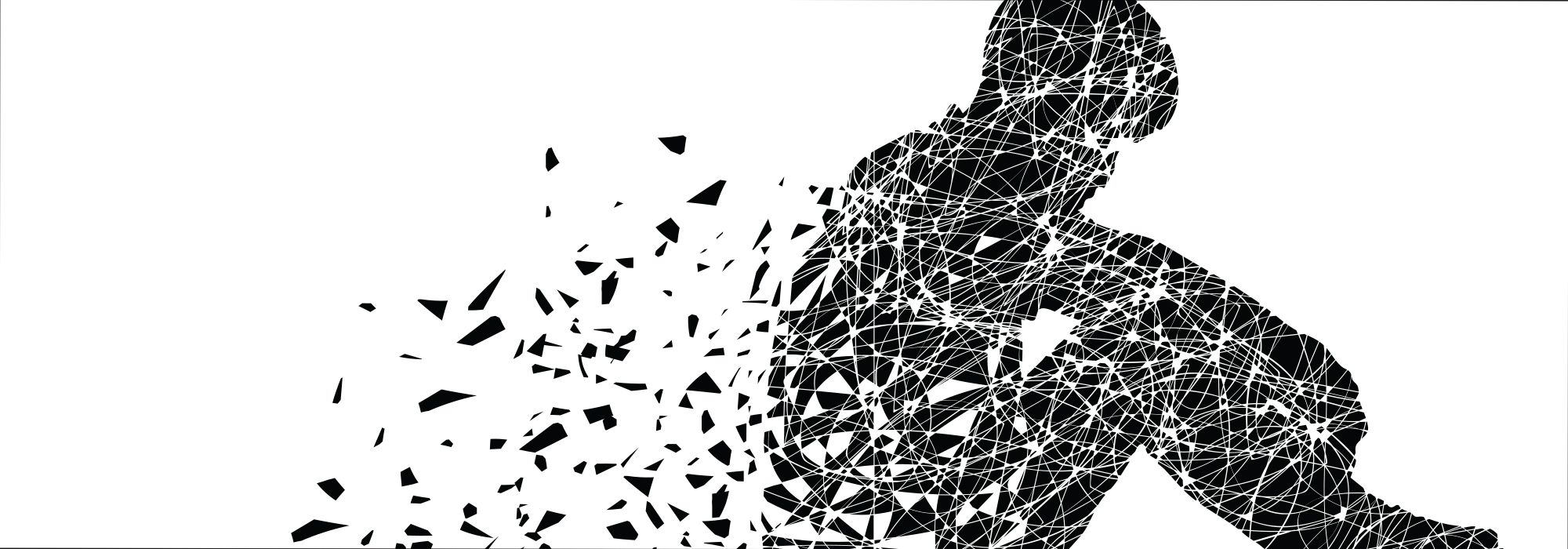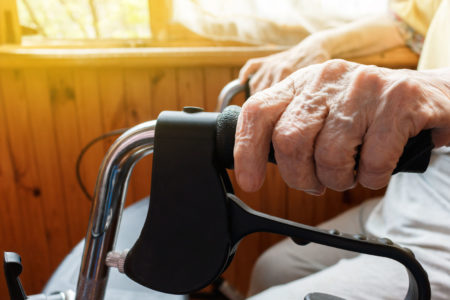
Bill C-7, An Act to amend the Criminal Code (MAiD), proposes to expand access to medical assistance in dying (MAiD) to persons whose natural death is not reasonably foreseeable.
Allowing people who suffer from a “grievous and irremediable medical condition” to consent to euthanasia or physician-assisted suicide (which Canadian legislatures have grouped under the label “MAiD”) seems like a reasonable position to defend. Ethically speaking, it is based on the obligations to respect a patient’s personal autonomy and to benefit them by limiting their suffering. Legally speaking, it is based on a person’s rights to life, liberty and security as well as equality rights. Given deep moral disagreements about the meaning of life and whether death can ever constitute a benefit, it also seems fair, from a liberal stance, to let individuals choose for themselves when their lives are no longer worth living.
I nonetheless want to complicate these assumptions by emphasizing that Bill C-7 is part of an incomplete — and therefore potentially harmful — approach to justice for people who are sick, old or disabled.
The main concern I wish to highlight is that legalizing assistance in dying for people whose natural death is not reasonably foreseeable risks implying that some lives are not worth living and perpetuates a trend of finding individual medical solutions to social problems.
The problem is not so much that people cannot reasonably judge, at an individual level, that their lives are not worth living. The problem is a political and social one: Bill C-7 opens a normative space in which various social actors, including medical experts and the state itself, can discuss the topic of “lives not worth living.” This medico-legal space facilitates the cultural emergence of categories of human beings whose lives can be legally and morally disposed of. Since our society and our courts are barely aware of how ageist and ableist our culture is, this is a dangerous door to open.
By limiting medical assistance in dying to patients whose death is due to occur soon (the current law), the state could in principle avoid making or condoning problematic quality-of-life judgments. This is because MAiD could be considered not as a kind of suicide, but as a modality of dying. Death being inevitable, MAiD patients would be perceived as choosing the modality of their death rather than as choosing to forego years of existence. The etymology of the very expression “medical assistance in dying” would seem to describe a new ars moriendi (“art of dying”), a liberal conception of a good death, rather than a liberal conception of assisted suicide.
Bill C-7 would undermine the idea that MAiD essentially aims at procuring people a “death with dignity.” It would confirm instead that MAiD implies the value judgment that someone’s life is not worth living and would extend this judgment to a category of Canadians with severe disabilities. Many disabled people have suffered from popular ableist beliefs that they would be better off dead, and the law would now give them a legal path to end an existence that is often socially devalued. This harmful messaging that some members of the disability community interpret as targeting them is compounded by the fact their fellow “healthy” Canadians do not have access to assisted suicide and would rather benefit from suicide prevention measures.
The role of doctors and nurses in confirming eligibility for a “reasonable” suicide adds a veneer of objectivity to complex ethical considerations of quality of life, right to life, equality and systemic discrimination. Moreover, these medical practitioners need not have a particular expertise to assess and treat suicidality in the context of intolerable medical conditions. This new formal framework risks de-politicizing what are essentially value-laden judgments. These call for safeguards that go beyond ensuring that people freely consent to ending their lives. We need measures to counter ableism in our culture, which begins by recognizing society’s positive obligations toward people who are old, sick or disabled.
No one denies that Bill C-7 opens up access to medically assisted suicide in the name of respect and compassion, but we should remember that oppression has a habit of being packaged as a benefit for the oppressed.
As data (from Canada and other jurisdictions) suggest, people most often choose to die because of existential suffering connected with the loss of autonomy and the difficulty in enjoying activities that they used to enjoy. Through autonomy-enhancing measures including therapy, financial support, at-home care, and disability and social networks, they might find their situation more bearable, embrace new rewarding roles and activities, overcome loneliness and not feel that their lives are burdensome for their families or an aging partner. Such changes would heighten their autonomy more significantly than merely rendering them eligible for MAiD. It is unfair for patients contemplating MAiD to decide to die because of social factors that could be alleviated. Of course, there remains a category of people for whom no amount of financial or social support can attenuate their existential suffering, but this is a smaller category than the one for which assisted suicide would be legalized.
No one denies that Bill C-7 opens up access to medically assisted suicide in the name of respect and compassion, but we should remember that oppression has a habit of being packaged as a benefit for the oppressed. We need to better understand how Bill C-7’s good intentions will simultaneously contribute to further shaping a category of “dis-citizens,” that is, a category of people whose rights are less robustly protected, and whose equal moral, political and legal status in society risks sliding down along a culturally charged scale of “quality of life.” This will become particularly problematic if MAiD is subsequently extended to non-autonomous people, such as those with severe cognitive disabilities.
The challenge ahead is to curtail the systemic and cultural impact of ableism on judgments of “intolerable lives” without treating people who wish to die with undue paternalism. This includes developing the ethics and law of “social assistance in living” alongside the ethics and law of “medical assistance in dying” and understanding how both are connected. This would put the focus on social rights; on revealing how ableism and ageism seep into the agency of many people — “sick” and “healthy” alike, “productive” and “dependent” alike — and how our laws and legal frameworks contribute to this process. Current safeguards in Bill C-7 fall short of addressing these problems (though proposed paragraphs s.241.2 (3.1) (g) and (h) allude to them). One hopes future constitutional challenges use the right to life, security, liberty, dignity and equality to secure access to social conditions rendering life tolerable rather than merely secure access to a state-sponsored death.
We also need better reporting measures to understand more fully why people choose to die. If our governments were to issue guidelines that would ensure we collect the social and psychological causes of suicidal ideations of people asking for MAiD, scholars and policy-makers could create an accurate picture of the social causes of medically assisted suicides, which could be attended to through social measures. Bill C-7 is too little, too soon.
Photo: Shutterstock.com, by pimchawee.









